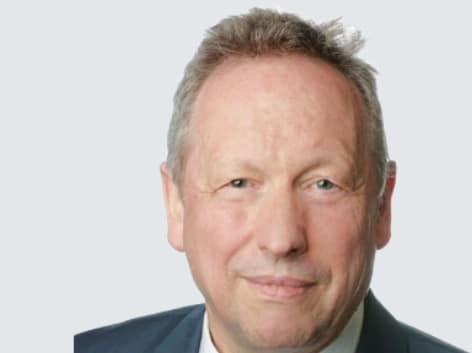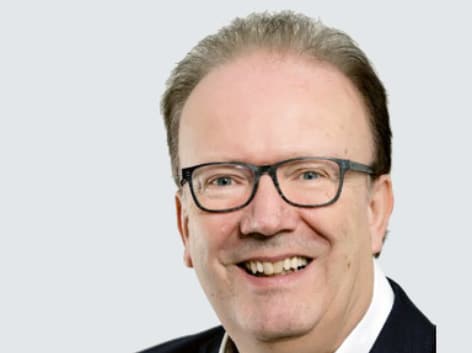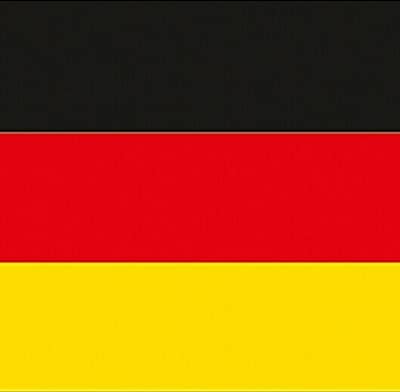Representing many: The entrepreneurs Oskar Dernbach, Axel Ebbecke and Bernd Schuchhardt answer the IHK questions about the future of our industrial location on behalf of the “Wirtschaftsinitiative Mittelstand Main-Kinzig”.
Representatives of the Wirtschaftsinitiative Main-Kinzig provide information on the Main-Kinzig industrial location
3 questions, 3 companies, 3 answers
Current challenges for the industrial location
The IHK has asked the Wirtschaftsinitiative Mittelstand Main-Kinzig e. V. Here are three answers from seasoned entrepreneurs to three questions that are currently occupying many industrial companies.
The corona crisis and the Suez Canal, which was blocked for days in the spring, have led to an expensive realization: the global supply chains are more vulnerable than many thought. In our highly networked global economy, setting up a second source could save costs in the medium to long term. How helpful is the establishment of additional suppliers for the industry and in which countries would you start your search?
Bernd Schuchhardt, Managing Director Dunlop Tech GmbH, Hanau:
DUNLOP TECH buys worldwide and was therefore affected by the blockade of the Suez Canal. The electric air pumps (“mini compressors”) used to inflate car tires in the tire repair kit we manufacture are mainly manufactured in Asia (China/Taiwan). A certain monopoly position for the production of these articles in the Asian region has arisen in the last ten years – with all the advantages, but also disadvantages. However, the effects of the blockade were less severe than initially feared. The price dictates of the manufacturers there, who are aware of their supremacy, have hit us harder. In order to mitigate this dependency, we are looking for alternative suppliers worldwide, preferably in Latin America. As a second alternative, to escape the dictates of a few mini-compressor manufacturers, we are developing other ways of compressing air and then manufacturing these devices in Europe to meet our customers’ demands to avoid long transport routes and move towards a CO2-neutral supply chain to develop.
The internet and digitization are not only revolutionizing office work and the home office. 3D printing and many other new, previously unimagined production methods are looming on the horizon. What solutions are you focusing on in the coming years?
Axel Ebbecke, CEO of A. Ebbecke Verfahrenstechnik AG, Bruchköbel:
The digitization of production with regard to 3D printer applications is currently an important topic for us, which we are dealing with internationally together with our strategic partner, Air-Liquide Deutschland GmbH. Due to the takeover of the globally unique competence center for cryogenic grinding technology from Krefeld, we offer ourselves as a partner for the processing of 3D printer powders. This is indeed a problem area as current users and suppliers of 3D printers cannot find enough powder suppliers. Here you have to see that the 3D printer powders in a wide variety of applications, such as for the materials TPU, polyamides but also in the metal powder area, require the preparation of special grain spectra, mostly in the grain range from 30 μm to 150 μm. The powders are usually based on mixtures that first require grinding and sifting, in order to then add and mix individual additional components that influence the later properties or printing options. This is a very complex technology that very few specialists know internationally. In addition to the competence center for cryogenic grinding technology, A. Ebbecke Verfahrenstechnik AG also has a wide variety of mixing systems at its Schöneck site near Hanau in order to guarantee the entire processing of 3D printer powders. In addition, we are currently investing strategically in this segment and are a partner for the automotive, aviation, aerospace and chemical industries.
The ongoing shortage of skilled workers is weighing on the economic prospects of many industrial companies. With a view to the declining number of school graduates and the increasing number of young academics: Do you prefer fully trained specialists or young men and women with a bachelor’s or master’s degree? Where do you see the strengths and weaknesses of the respective educational paths?
Oskar Dernbach, Managing Director SWS Spannwerkzeuge GmbH, Schluechtern:
Our particular challenge is to train specialists with a solid basic knowledge of methods. Through constant further qualification through internal and external training courses, we are in the process of building up our all-rounder specialists. So far we have succeeded. We are consistently pursuing this path. Specialists recruited by us usually require several months of appropriate additional training so that the requirements of our industry are largely met. The better salary structure compared to other industries increases the attractiveness of our jobs. This often ensures a suitable number of applicants for job offers.
Kerstin Cieslik-Pfeifer, Managing Director of the Wirtschaftsinitiative Mittelstand Main-Kinzig e. V., and IHK employee Dr. Achim Knips provided and edited.





 © Ebbecke Verfahrenstechnik
© Ebbecke Verfahrenstechnik
